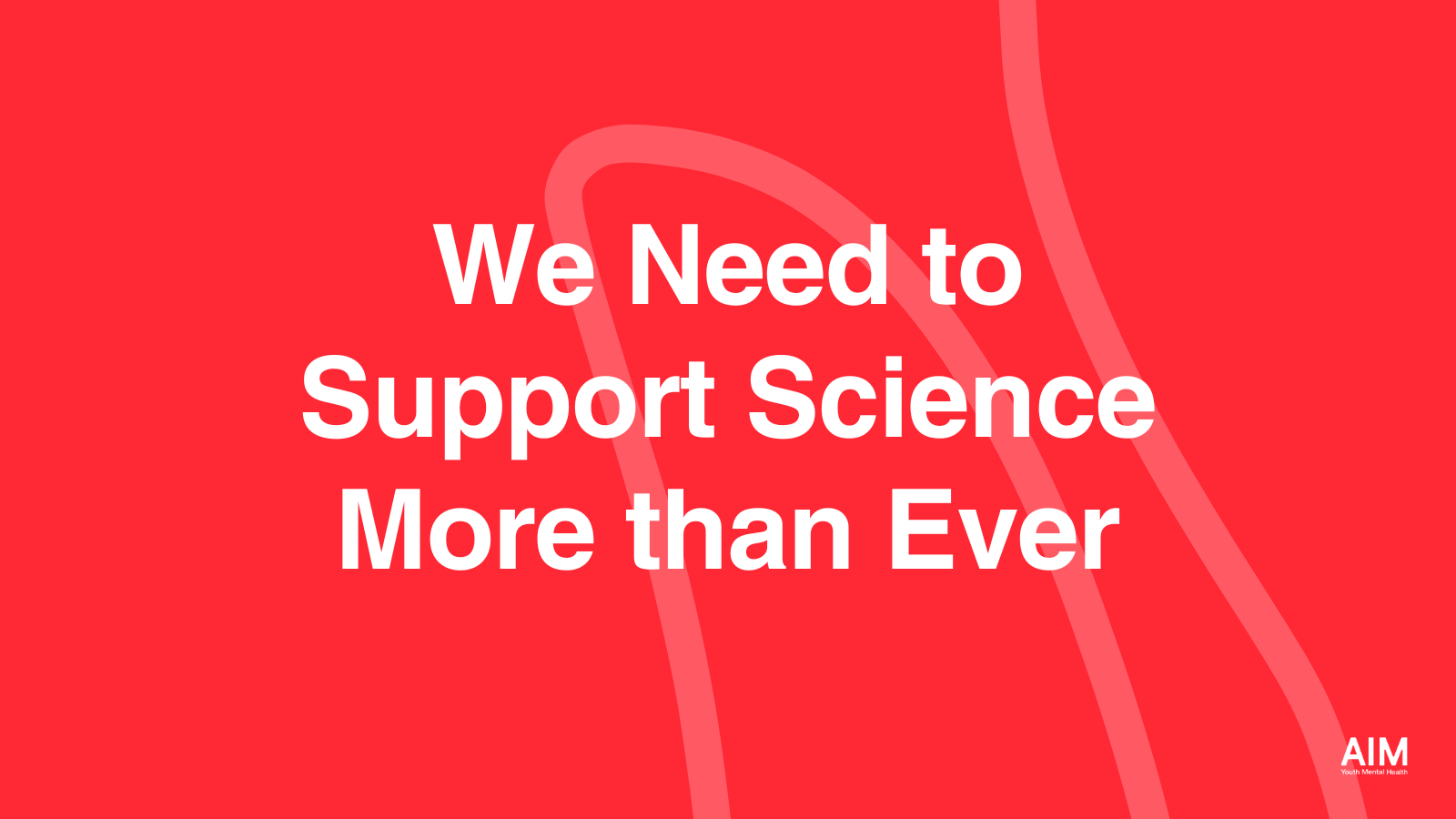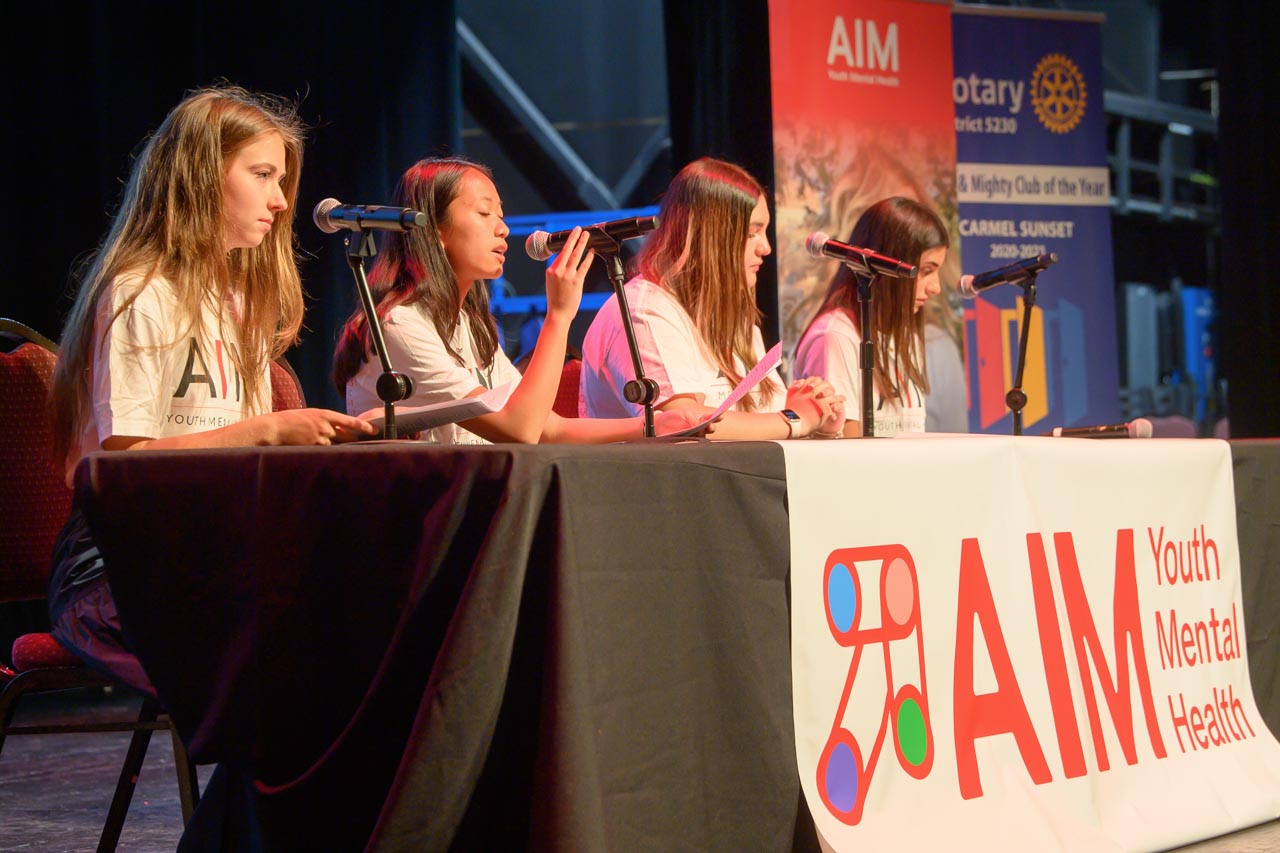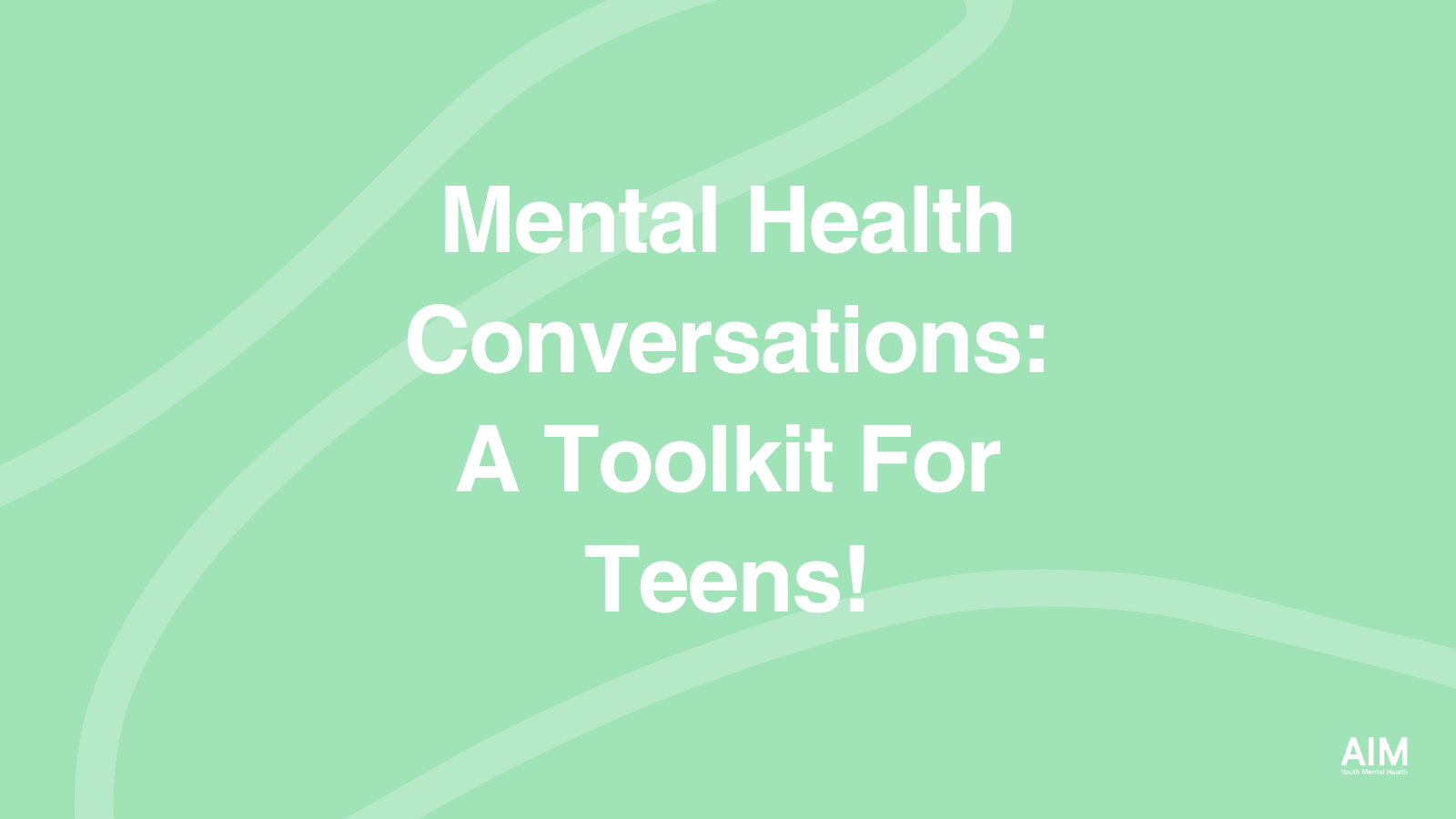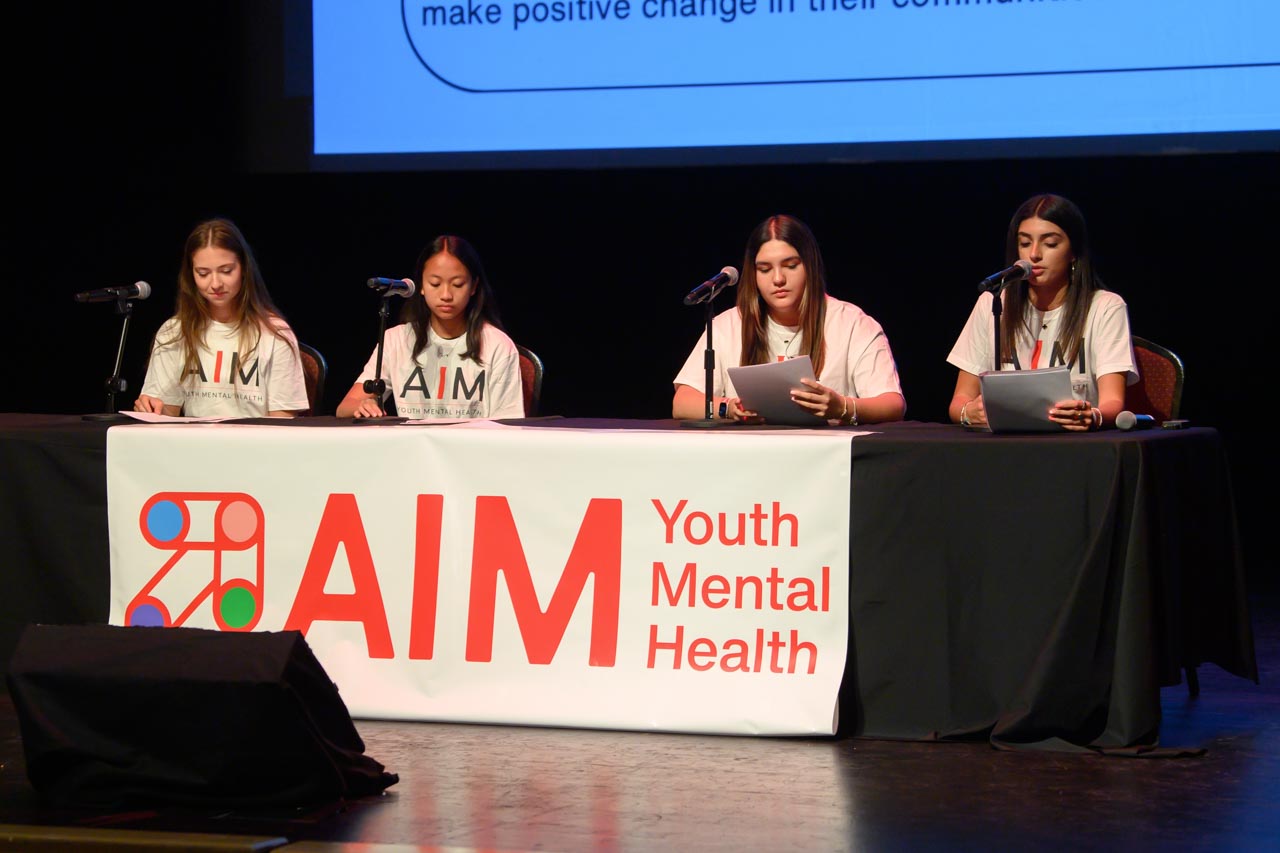AIM Youth Mental Health is all about bridging the gap between the latest psychology research and access to care for youth struggling with their mental health. Our Toolkit blog series is one way in which we bring empirically-backed tools directly to our community. Each Toolkit focuses on sharing a skills-based mental health tip that is applicable for anyone: parent and youth, alike.
Dialectical Behavior Therapy (DBT) is essentially a toolkit for handling big emotions and tough situations. It’s a mental health approach designed to help manage feelings, make choices, and build meaningful relationships with a plethora of tangible tools.
One such tool is the DEAR MAN communication skill that, when practiced, can help us to get our needs met and build healthy relationships with others. DBT skills like DEAR MAN are like your mental health gym, where you practice working emotional muscles so that when you need to lift a heavy emotional burden outside the gym, your muscles are ready. It’s all about finding the balance between accepting yourself just as you are (yes, ourselves right here and now, flaws and all) while also working on becoming the best version of yourself.
Whether you’re a teen looking to negotiate a sleepover this weekend or a parent that needs to have a conversation you’ve been putting off, communication is key. DEAR MAN isn’t simply about talking—it’s a whole strategy for clear, effective communication.
So, What Exactly Is DEAR MAN? Let’s Break It Down:
D stands for Describe: Start by describing the situation factually. Think of it as setting the stage for your conversation. Keep it straightforward and stick to the facts. For instance, if you want to talk about curfew, describe the specific times involved.
E is for Express: Next up, express your feelings and opinions about the situation. Share how it makes you feel without judgment or blame. Use “I” statements. This step helps others understand your perspective better.
A stands for Assert: This is your moment to be clear about what you want or need. Be assertive but respectful. State your request or boundary confidently, like asking for more freedom while assuring your commitment to responsibility.
R is for Reinforce: Reinforce your position by highlighting the positive outcomes or benefits of meeting your request. Let others know how it could be a win-win situation for everyone involved. It’s like adding a sprinkle of motivation to your conversation.
M is for Mindful: Stay mindful of your goals during the conversation. Keep focused and avoid getting sidetracked. It’s about staying true to what you want to achieve from this communication exchange. If you need to write down your points so you don’t get side-tracked, that’s a great strategy.
A stands for Appear Confident: Confidence is key! Maintain good eye contact, use a calm tone, and stand/sit in a way that shows your confidence in what you’re saying without being closed off to their point of view. It helps others take your message seriously.
N is for Negotiate: Be open to finding a middle ground. This step is about being flexible and willing to collaborate. Sometimes, finding a compromise can lead to the best solutions for everyone.
It’s not just what you say–it’s also how you say it. Practice makes perfect, so don’t be afraid to give it a try!
DEAR MAN is your blueprint for navigating tricky conversations, turning those tough talks into productive and understanding moments. Teaching these DBT skills can empower ourselves and our youth with lifelong communication skills, making expressing ourselves feel much less daunting.
____________________________________
About the Author
Meadowlark Monaghan (she/hers) is a consultant using her knowledge gained as a mental health professional to act as a liaison between brands, creators, + online communities with the field of psychology and mental health. She also co-hosts the personal development podcast, Thoughts May Vary. Her work has been seen with Madhappy, Local Optimist, The Mayfair Group, Lonely Ghost, AIM Youth Mental Health, NAMI San Diego and more.





